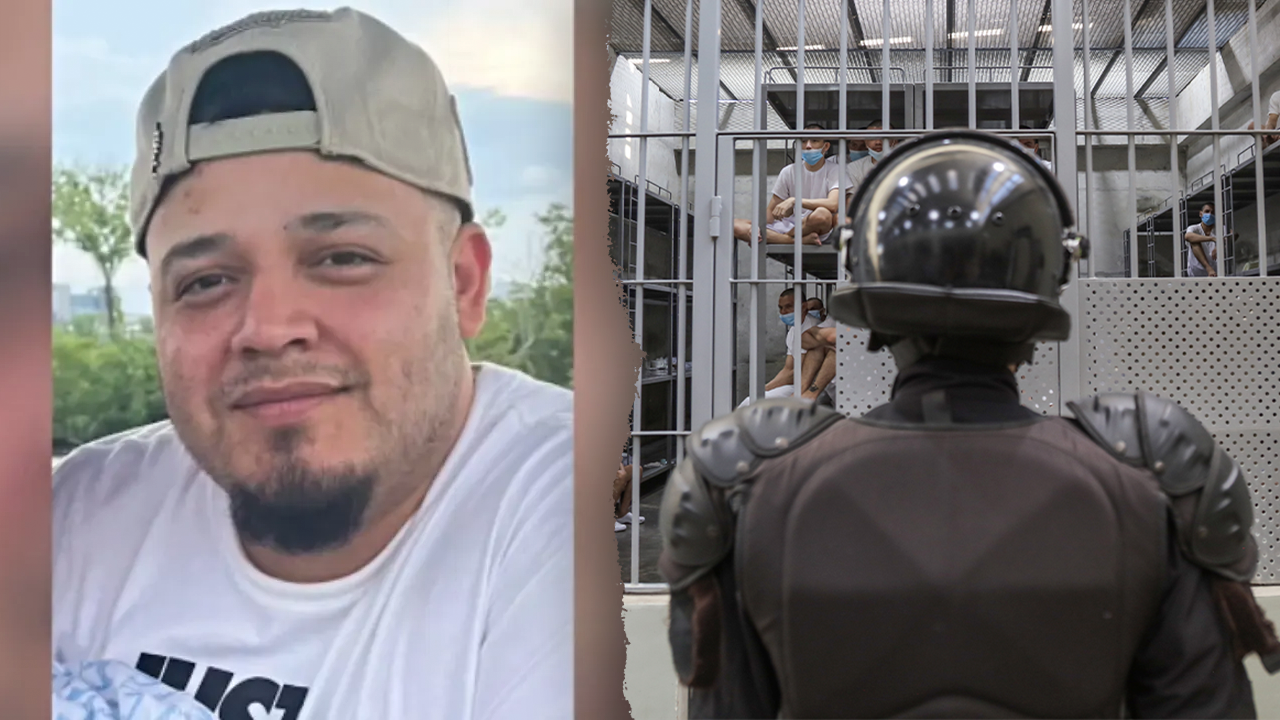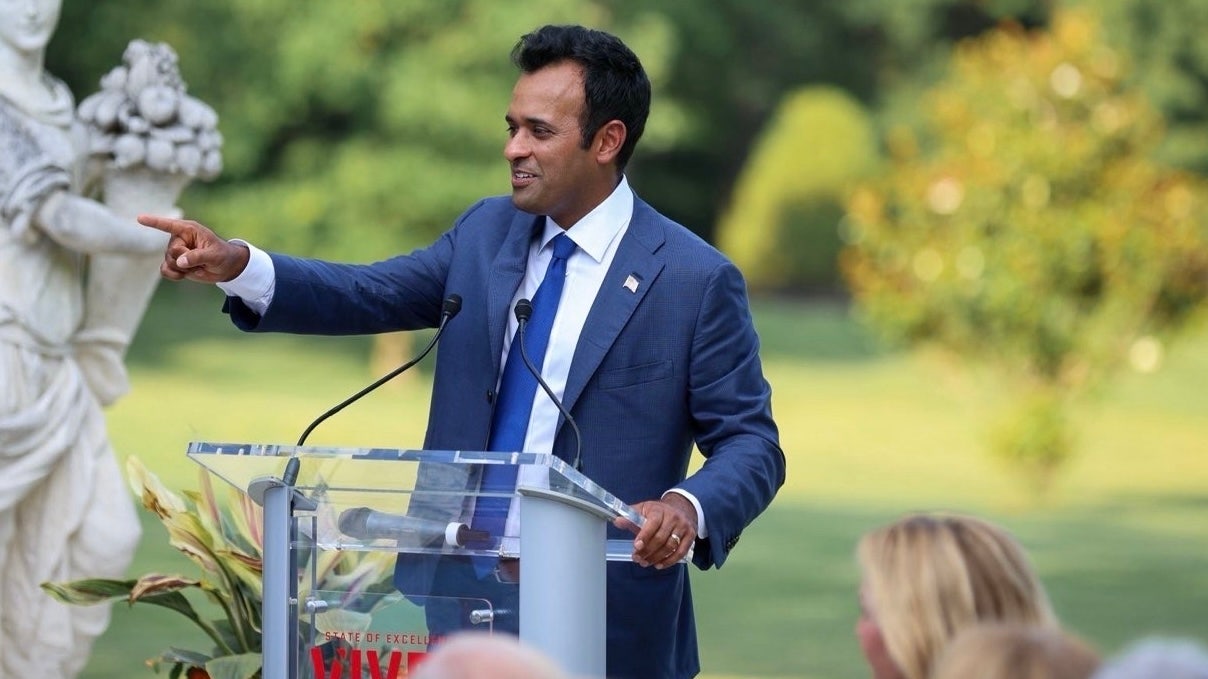Police records destroy media narrative about ‘wrongly deported’ Maryland migrant

The Department of Homeland Security has recently released court records that they claim definitively prove Salvadoran migrant Kilmar Abrego Garcia is a member of the notorious MS-13 gang. This revelation has sparked controversy, as Democrats are demanding the return of Abrego Garcia, who they argue was unjustly deported to a maximum-security prison in his home country as part of the Trump administration’s crackdown on illegal migrant crime.
According to a Prince George’s County, Maryland, Police Department interview sheet obtained by Fox News from DHS, Abrego Garcia was discovered during a murder investigation in 2019. Police found him loitering in a Home Depot parking lot with other known MS-13 gang members and in possession of illicit drugs. The Prince George’s County Gang Unit MS-13 Intelligence Squad conducted an interview with Abrego Garcia and confirmed his active membership in MS-13 with the rank of “Chequeo” and the moniker of “Chele.”
Additionally, publicly available court records filed against Abrego Garcia further undermine the narrative of his innocence that Democrats are pushing. Despite his attorneys claiming he had no gang ties and was living legally in the U.S., the court records paint a different picture.
Abrego Garcia, 29, was deported to the Terrorist Confinement Center (CECOT) in El Salvador in March, along with several hundred alleged gang members. Despite the Supreme Court’s decision to order his return, Attorney General Pam Bondi has stated that it is ultimately up to El Salvador to decide whether to facilitate his return.
The Trump administration continues to defend its decision to deport Abrego Garcia to CECOT, citing his history of violence and gang affiliation. DHS has shared court filings in which Abrego Garcia’s wife sought a domestic violence restraining order against him, alleging physical abuse.
Despite the push from Democrats and media outlets to bring Abrego Garcia back to the U.S., the Trump administration remains firm in its stance. DHS Assistant Secretary Tricia McLaughlin emphasized that Abrego Garcia is where he belongs, and he should remain in the El Salvador prison.
The controversy surrounding Abrego Garcia’s deportation highlights the complexities of immigration policy and the challenges of dealing with criminal elements within migrant populations. As the debate continues, it is clear that the issue is far from resolved, and the implications of this case will likely reverberate in the ongoing discussions on immigration reform.




